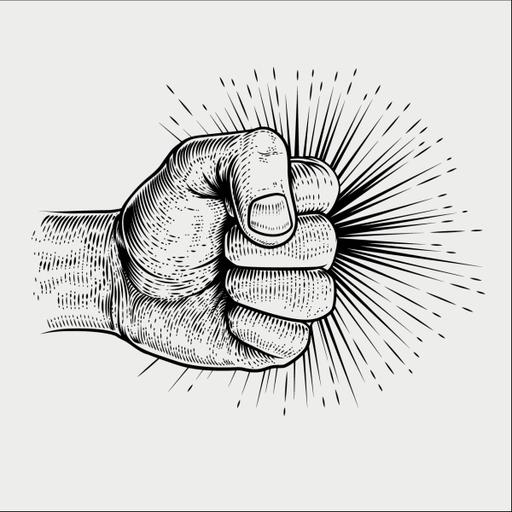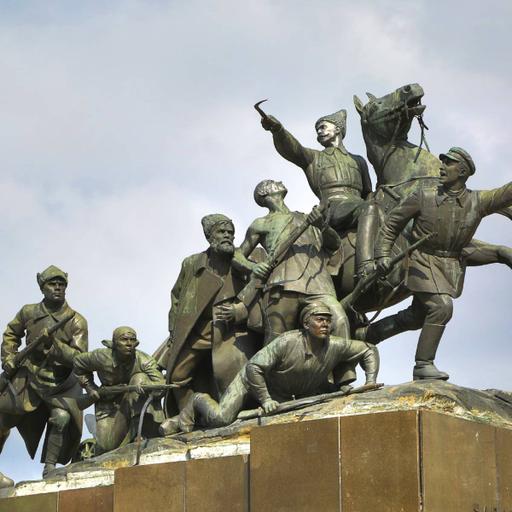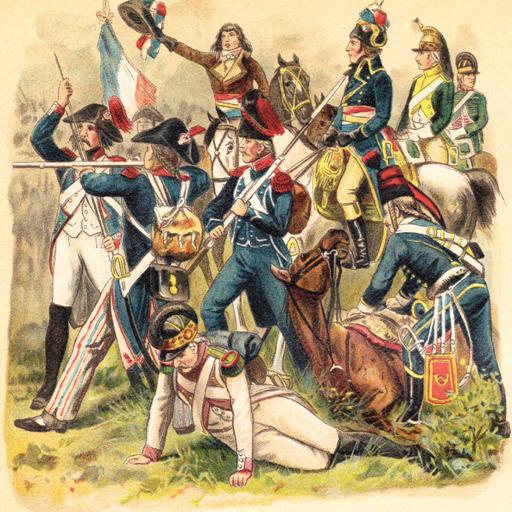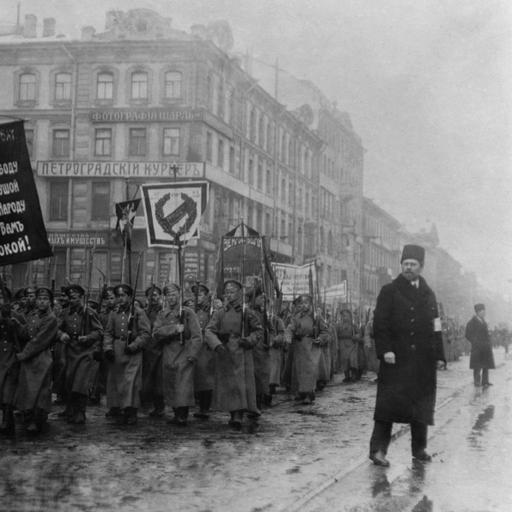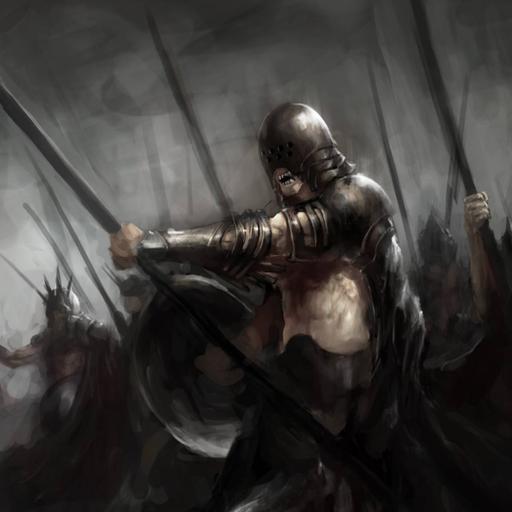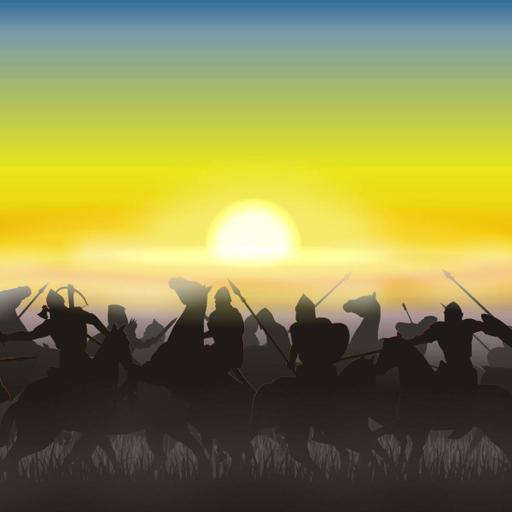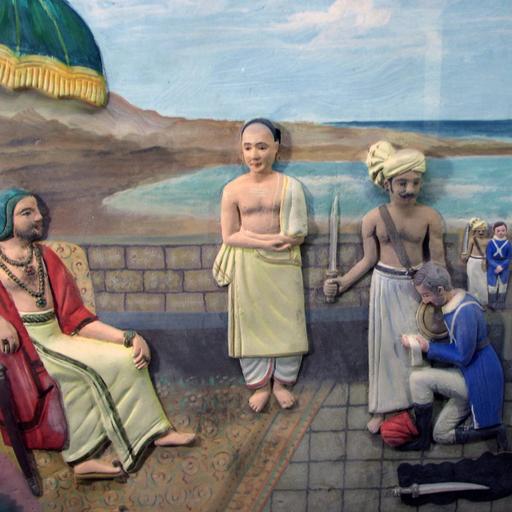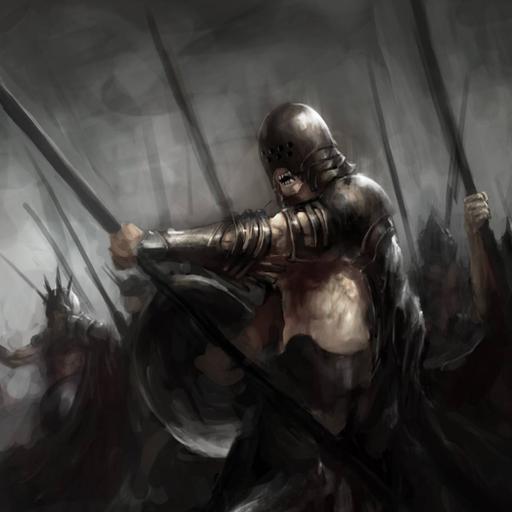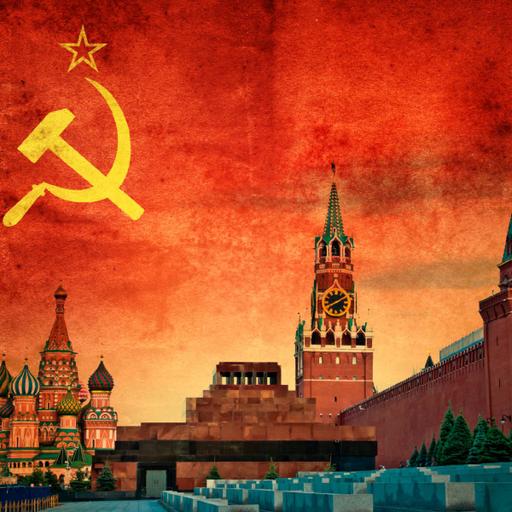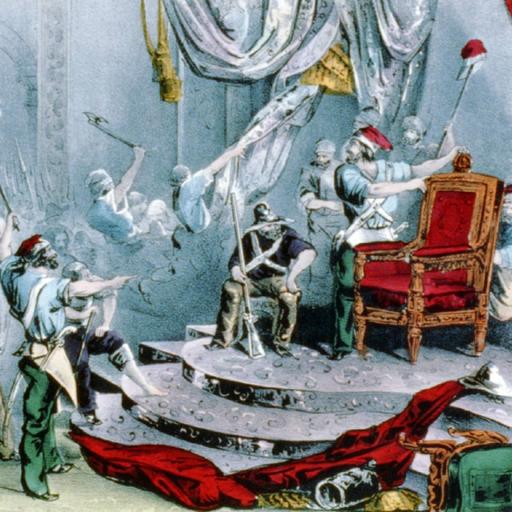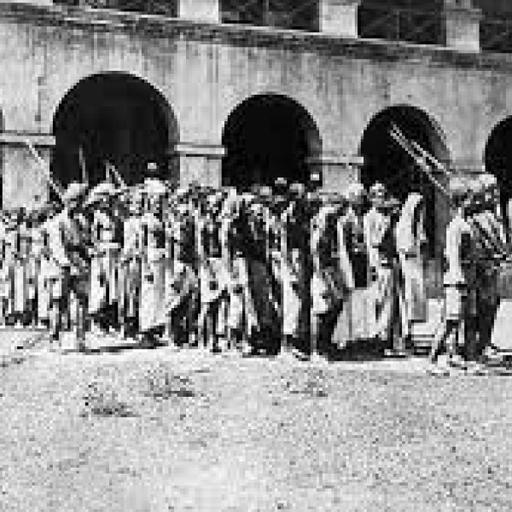Revolutions & Wars
Revolutions are significant shifts in political power brought about by people's unhappiness with the country's current leadership. ""Misery generates insurrection,"" according to one popular idea about the beginnings of revolutions. This concept assumes that people will revolt against their rulers if the latter makes their lives unpleasant. While this is a plausible explanation for revolutions, it is insufficient because revolutions occur in some countries but not others. The French Revolution, which took place from 1789 until 1799, is one of the most well-known revolutions. Prior to the French Revolution, France was ruled by an absolute monarchy, which meant that one ruler wielded total power over the country, with no codified laws, legislature, or customs to restrain him. The World is Revolutionized by the American Revolution The American Revolution was the first significant revolution to succeed and influence people's perceptions of their countries. The American Revolution was the first successful revolution against a European empire, and it served as a model for many other colonial peoples who understood that they, too, could secede and form independent states. The American Revolution was significant in history because it gave birth to concepts that were later adopted by other countries. It is feasible to compare and contrast the beginnings, maturation, and conclusion of rebellion and revolutionary conflicts based on the distinctions between them. In terms of roots, a revolution entails the overthrow of a country's government or the development of a new social order. Rebellion, on the other hand, begins when a group of individuals refuses to obey a political order or initiates an insurrection.
